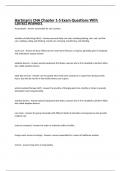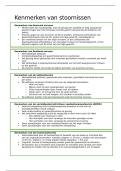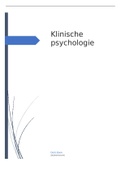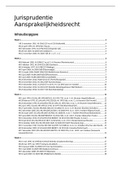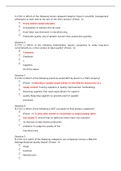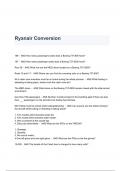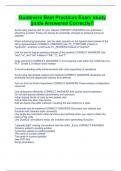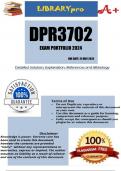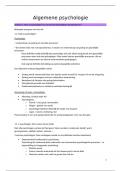Summary
Summary Behaviourism, Darwin, Freud and Rationalism vs Empiricism Essay Plans
- Course
- Institution
This is a collection of four essay plans, for the following titles: Behaviourism (vs Cognitive Psychology) What influence did Darwin’s evolutionary theory have on the development of Psychology as an academic subject? What were Freud’s (1856 – 1939) Ideas & How have they Influenced Modern Psy...
[Show more]




